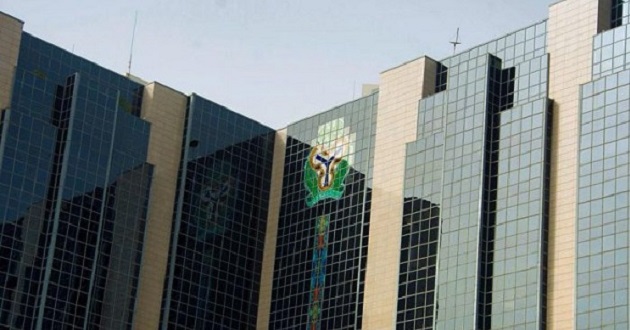Business
CBN says there’s enough forex to finance eight months importation, services

Amid the lingering forex scarcity and dwindling external reserves, the Central Bank of Nigeria (CBN) has assured that there is enough in the nation’s reserve to finance 8.3 months of imports for goods and services
CBN revealed this in its report on ‘Foreign exchange flows through the economy’ published on its website.
According to the report, Nigeria’s current reserves which stood at US$39.38 billion as at January 31, 2022 could finance 8.3 months of import for goods and services or 10.9 months of import for goods only.
The report also disclosed the foreign exchange inflows into the country fell by 36.7 per cent in one month to $4.36bn in January, figures obtained from the Central Bank of Nigeria have shown.
The CBN revealed in its report on ‘Foreign exchange flows through the economy’, that the economy recorded lower net foreign exchange inflow in January, driven, mainly, by net flows from the CBN and autonomous sources.
It stated that, “Aggregate foreign exchange inflow into the economy declined by 36.7 per cent to $4.36bn in January 2022, from $6.89bn in December 2021.
Read also: CBN forex policy reduced ports business by 62%, 3m jobs lost –Stakeholders
“The total foreign exchange outflow decreased by 5.1 per cent to $3.41bn, from $3.59bn in the preceding period. A net inflow of $0.95bn was recorded in the month under review, compared with net inflow of $3.29bn in the preceding period.
“Further analysis shows that foreign exchange inflow into the Bank fell by 36.7 per cent to $1.82bn from $2.88bn, attributed to 45.4 per cent decline in non-oil components, mainly, TSA and third-party receipts/MDA transfers, other official receipts and swaps.”
Also, the report noted that autonomous inflow decreased by 36.7 per cent to $2.54bn, from $4.01bn, due to a reduction in invisible purchases.
Foreign exchange outflow through the bank fell by 18.3 per cent to $2.6bn from $3.18bn in December 2021, due, largely, to decrease in public sector/direct payment, third party MDA transfers, sales at the secondary market intervention and the Investors & Exporters’ windows.
Autonomous outflow, however, rose to $0.81bn, from $0.42bn in January, on account of higher invisible imports.
The report disclosed that foreign exchange inflows into the economy declined in the fourth quarter of 2021, owing to lower receipts from the CBN and autonomous sources.
It stated “Foreign exchange inflow into the economy fell by 31.7 per cent to $20.62bn, from $30.2bn in the preceding period. The development was driven by the 45.5 per cent and 14.4 per cent lower inflow through the CBN and the autonomous sources, respectively.
“Foreign exchange inflow through the Bank at $9.18bn fell below the $16.83bn in the preceding quarter as both oil and non-oil receipts declined, as a result of lower receipts from interest on reserves and interbank swaps.”
Join the conversation
Support Ripples Nigeria, hold up solutions journalism
Balanced, fearless journalism driven by data comes at huge financial costs.
As a media platform, we hold leadership accountable and will not trade the right to press freedom and free speech for a piece of cake.
If you like what we do, and are ready to uphold solutions journalism, kindly donate to the Ripples Nigeria cause.
Your support would help to ensure that citizens and institutions continue to have free access to credible and reliable information for societal development.
























